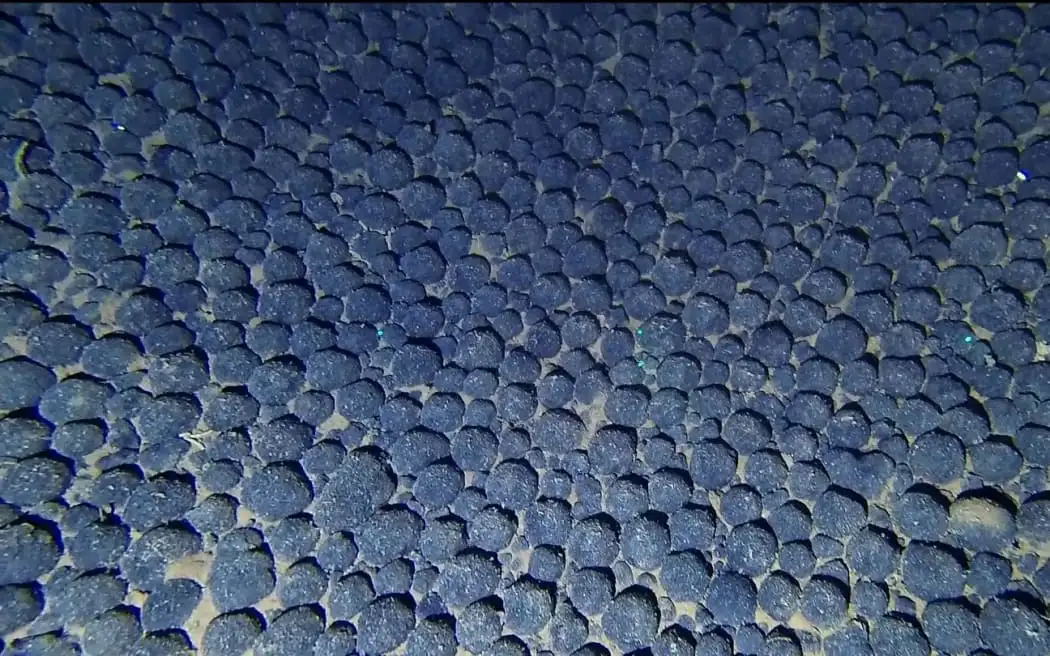Cook Islands Environmental Groups Urge Comprehensive Survey on Seabed Mining
The Cook Islands government has faced growing criticism from local environmental groups over its handling of seabed mining, with many calling for a comprehensive survey to determine public support for the practice. The issue has sparked debate among residents, with some arguing that the benefits of seabed mining outweigh the risks, while others claim that it poses significant threats to the country’s natural heritage.
Background on Seabed Mining Consultation
In recent months, the Cook Islands Seabed Minerals Authority (SBMA) has been engaged in consultation with various stakeholders regarding its plans for seabed mining. However, the process has been marred by controversy, with local environmental groups alleging that their involvement was misleading and tokenistic.
Dr. Teina Rongo, chairperson of Korero o te Orau, a non-governmental organisation (NGO) based on the island of Rarotonga, has called for balanced education and awareness campaigns to ensure all Cook Islanders are fully informed about the potential impacts of seabed mining.
“We need a proper survey to gauge whether Cook Islanders want the Government to continue on this track,” Dr. Rongo said in an interview with Cook Islands News. “More importantly, our communities need balanced education about both the benefits and the risks before any decisions are made.”
Criticism of Consultation Process
Korero o te Orau has criticized the presentation by SBMA, alleging that it was misleading and implied the NGO’s involvement and support for seabed mining. The organisation stated that the logo used in the presentation was a misuse of their symbols.
SBMA acknowledged Korero o te Orau’s comment and committed to removing logos from future presentations. However, the issue has sparked debate about the exclusion of NGOs from public consultations, with some arguing that their roles in the Technical Advisory Group (TAG) for Marae Moana are tokenistic.
June Hosking, president of Te Ipukarea Society (TIS), another Rarotonga-based NGO, said the Government must rethink its consultation processes. “Representatives from the four pillars of society – community, culture, economy, and environment – be included to provide a more balanced perspective,” she suggested.
Concerns about Seabed Mining’s Environmental Impact
Environmental groups are stressing that the Government must prioritise the interests of Cook Islanders and the country’s natural heritage over economic gains. “This is about more than just the economy; it’s about protecting our environment and ensuring that decisions are made with the full knowledge and consent of our people,” Hosking said.
Jackie Rongo, secretary of Korero o te Orau, raised concerns about the Government’s emphasis on seabed mining’s economic benefits while downplaying its environmental and social impacts. “The conversation focuses on profits and benefits, ignoring the harm. When community members ask if we can stop if it turns out to be bad for us, there are no clear answers,” Rongo said.
Conclusion
The Cook Islands government must address the concerns of local environmental groups regarding seabed mining. A comprehensive survey to determine public support is a good starting point, but it is essential that the consultation process is more inclusive and transparent.
Environmental groups will continue to stress that decisions should be made with the full knowledge and consent of the people, prioritising the country’s natural heritage over economic gains.

0 Comments